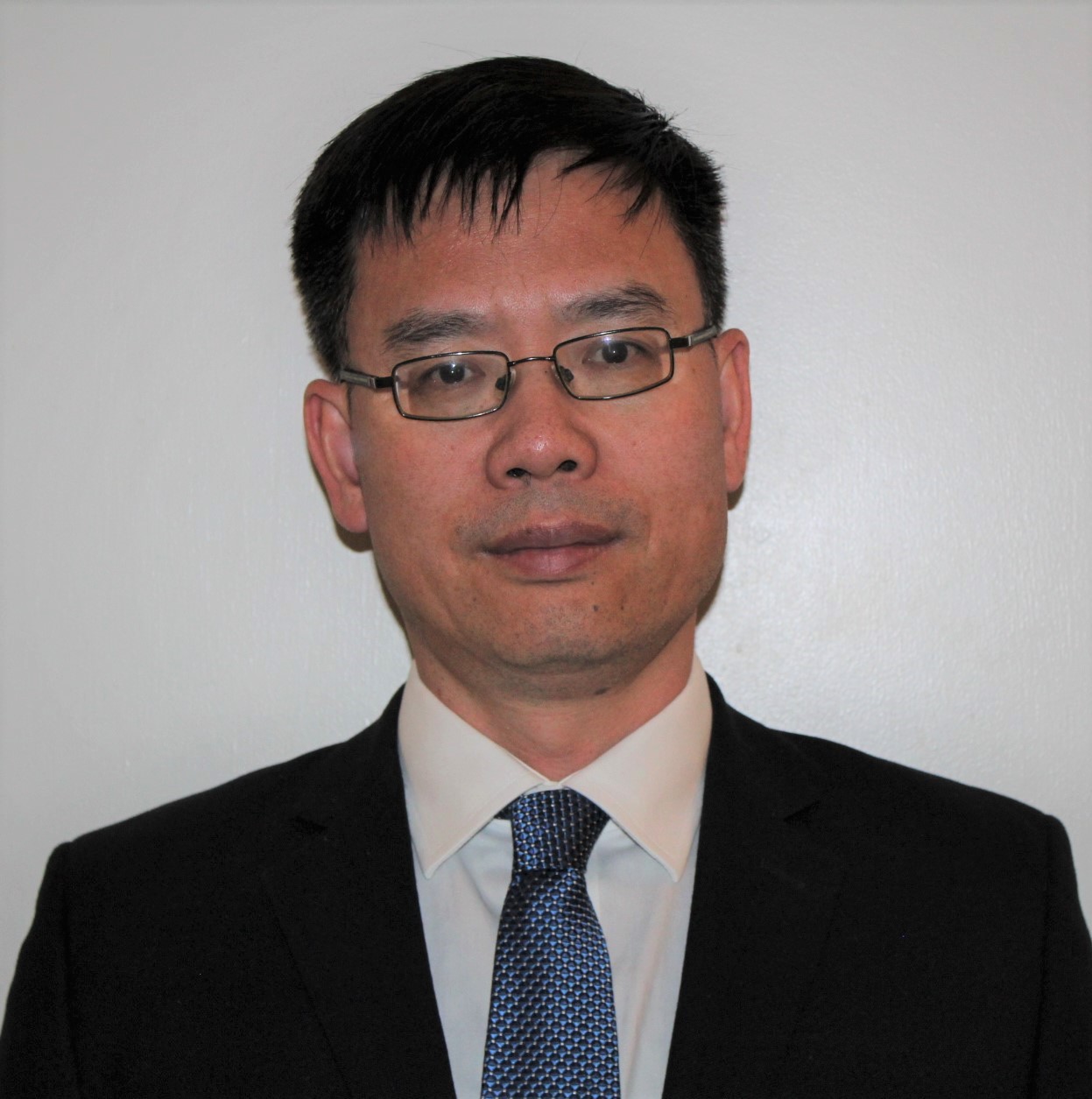Computing Heat Recycle Technology Development Center
Marietta, OH
Center News
- Our OCEC Education program funded by MCF and SAI kicked off its onsite activities.
- Marietta Community Fund (MCF) approved our funding application.
- OCEC Infographic is available now.
- View our BIT HEAT DAY OCEC Presentation.
- Our sponsor SAI.Tech (Nasdaq: SAI) and OCEC co-host heat day event in Marietta, OH on Aug 9th, 2023.
What is Computing Heat
The circuits in computers have electrical resistance. When electricity flows through the resistance, it generates heat. The energy that computers consume, is 100% converted to heat.

Power consumption by computing continues to accelerate:

Characteristics of Computing Heat:
1. Low grade heat: relative low temperature
2. Computing heat is clean , containing no impurities, different from other waste heat, e.g. power generation
Challenges of Computing Heat Recycle
1. Temperature and Quality of Heat: The temperature of computing heat is relatively low, making it difficult to extract useful energy from them.
2. Heat Recovery Efficiency: Efficiently capturing and recovering waste heat can be challenging. Heat recovery systems need to be designed to match the specific characteristics of computing heat. This requires careful consideration of heat exchanger design, fluid properties, and system integration. Achieving high heat recovery efficiency can be complex and may require customization for each application.
3. Technical Complexity: Implementing waste heat recovery systems can be technically complex. Designing and integrating heat recovery systems into data center infrastructure often requires expertise in thermal engineering, fluid dynamics, and system integration.
4. Cost-effectiveness: The cost-effectiveness of computing heat recovery projects is a significant challenge. The initial investment required to implement waste heat recovery systems can be high, and the payback period may be relatively long. Assessing the economic feasibility of such projects, including factors like equipment cost, operational costs, and energy savings, is essential.
5. Scalability and Adaptability: Adapting waste heat recovery technologies to different applications and scaling them up can be challenging. Developing scalable and adaptable waste heat recovery solutions that can be applied across various industries is a complex task.
6. Regulatory and Policy Frameworks: The absence of supportive policies and regulations can hinder waste heat recovery efforts. Governments play a crucial role in promoting waste heat recovery by providing incentives, setting energy efficiency standards, and facilitating knowledge-sharing platforms. The lack of a favorable regulatory and policy environment can impede the wider adoption of waste heat recovery technologies.
Addressing these challenges requires a multidisciplinary approach involving industry collaboration, technological advancements, supportive policies, and financial incentives. Researchers and engineers continue to explore innovative solutions and technologies to improve the efficiency and viability of computing heat recycling.
An open platform for computing heat recycling system and application research and development

Center Programs
- Education program
- Co-host bit heat day
- Greenhouse partnership
- Greenhouse research project
- Fish hatchery project
- Public pool project
- Hot water supply for commercial and industry
- Applications in oil & gas industry
- Computing heat recycling at high temperature
Please contact us for collaboration on joint research and partnership!
OCEC Education Program Overview
1. Extracurricular Program
- Computing data center introduction courses
- Computing heat recycle system courses
- Computing heat recycle application courses
2. Onsite instruction and school campus bootcamps
- Onsite instruction I: data center site visit and on-site classes.
- Onsite instruction II: Student hands on vegetable growing in greenhouse at the site
- Campus bootcamps: Instruction and training at school campus for student and teachers
Click to check details or contact us at ocec.educationprogram@gmail.com
Greenhouse Projects:
Center greenhouse serves as a platform for study on recycled computing heat for agriculture
Project 1: Work with local community partners on plant and vegetable growth
Project 2: Education programs with local academic schools
Project 3: Collaboration research projects
Other heat recycle application projects:
1. Fish hatchery project
2. Aquatic center project
3. Computing heat with higher temp
4. Applications in oil & gas industry
Aquatic Center Project: ACCE – SAIHEAT Aquatic Center SHAC

1 MW Project expects to achieve CO2 emission reduction up to 286,000 lb./Month, which is equivalent to CO2 emission generated from 14,600 gallons of gasoline burned.
Computing heat with higher temperature project: Target industrial applications at 180~245 F
Please contact us for research collaboration!
You Can Help Us!
OCEC (Organization of Clean Energy and Climate, Inc) is a non-profit corporation. The activities of the Corporation are for charitable, scientific, and educational purposes in accordance with Section 501(c)(3) of the Internal Revenue Code.
Make a Donation Payable to :
OCEC
550 Gravel Bank Road
Marietta, OH 45750
For ACH or Wire Transfer information, please contact: ocec.heatrecycle@gmail.com
Join us and be a member of our center
Be part of carbon neutral effort, be part of practicing computing heat recycle.
You can help us as center program managers, educators and advisory committee members.
Our Center Team Structure


Tao Wu, Director

Abby Campbell, Education Program Manager

Cody Miller, Education Program Instructor

Bill Doak Education Program Instructor



